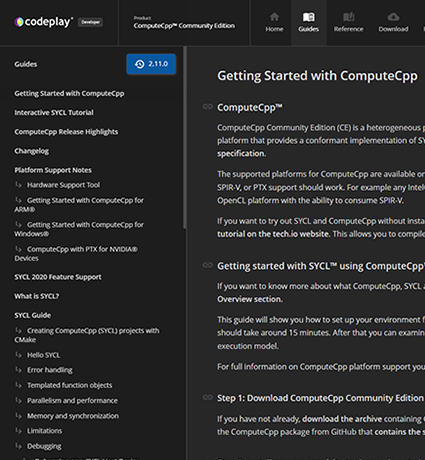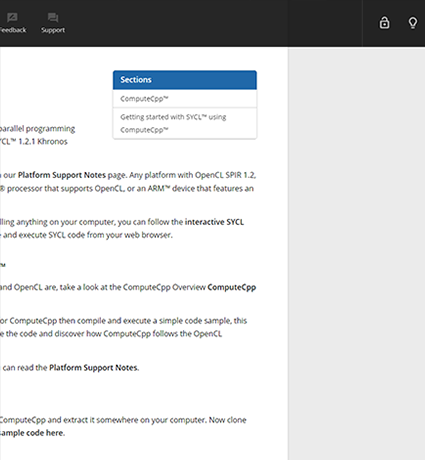The modules directory contains a number of sub-directories, the names of these
sub-directories describe generally the functionality of the source code
contained within. Modules are laid out so that, if necessary, they can be split
out into a different stand alone repository or be optionally included;
separation is not required or even desirable in most cases. Modularisation
provides the infrastructure to easily add and remove whole features if they are
not required for a specific application.
Creating a Module
Directory Layout
Modules are intended to be able to function as stand alone projects and this is
reflected in their directory layout. Below <name> refers to the name of the
module.
<name>/README.md
<name>/CMakeLists.txt
<name>/include/<name>/*.h
<name>/source/*.cpp
<name>/LICENCE.txt - optional
<name>/doc/* - optional
<name>/external/* - optional
<name>/scripts/* - optional
<name>/test/* - optional
<name>/tools/* - optional
Directory paths above are relative to the
modulesdirectory.
Code Layout
Source code contained in a module should live in a separate namespace or have a
symbol name prefix, the name used should be the <name> of the module. For C++
use the following syntax to denote a modules scope, nested namespaces should be
kept to a minimum preferably reserved for implementation details.
namespace <name> {
...
}
For C interfaces use the following convention when naming symbols.
<name><symbol>;
Including existing projects as a module
CMake
All modules must contain <name>/CMakeLists.txt describing how to build the
source files, modules are included in the project using the
add_ocl_subdirectory function in the CMakeLists.txt located in this
directory. The add_ocl_subdirectory function sets the variable
<NAME>_COMPILE_OPTIONS which contains a list of project wide compiler options,
the module must use these options in order to successfully build the project.
This is the suggested way to setup a modules build interface.
Note that
PRIVATEis specified, this denotes that the settings will not be propagated to any targets which link against<name>.
target_compile_options(<name> PRIVATE ${API_COMPILE_OPTIONS})
All modules must set target specific options for include directories, compile options, and link libraries.
Note that
PUBLICis specified, this denotes that the settings will be propagated to all targets which link against<name>.
target_include_directories(<name> PUBLIC ${CMAKE_CURRENT_SOURCE_DIR}/include)
target_link_libraries(<name> PUBLIC <lib0> <lib2> ...)
Header only modules may populate the CMake variable MODULES_INCLUDE_DIRS to
enabling dependency tracking. This approach is only suggested as a backup when
the suggested approach above is intractable.
# Append to the list of module include directories, the cache MUST be updated.
list(APPEND MODULES_INCLUDE_DIRS ${CARGO_INCLUDE_DIR})
set(MODULES_INCLUDE_DIRS ${MODULES_INCLUDE_DIRS}
CACHE INTERNAL "List of module include directories")


